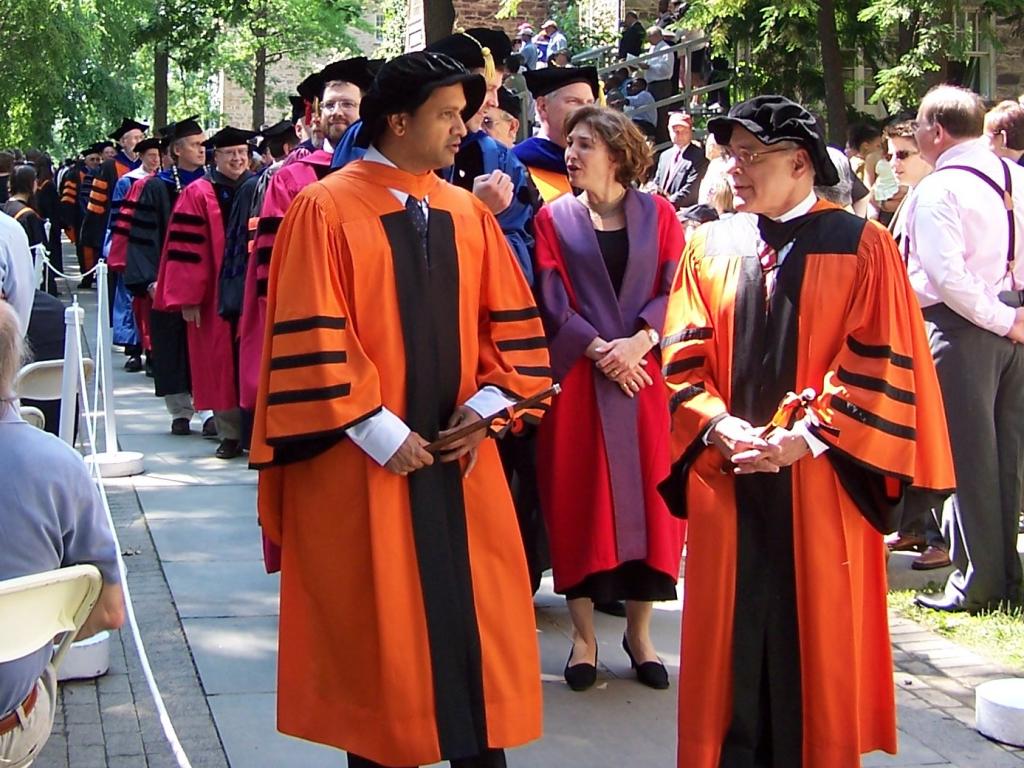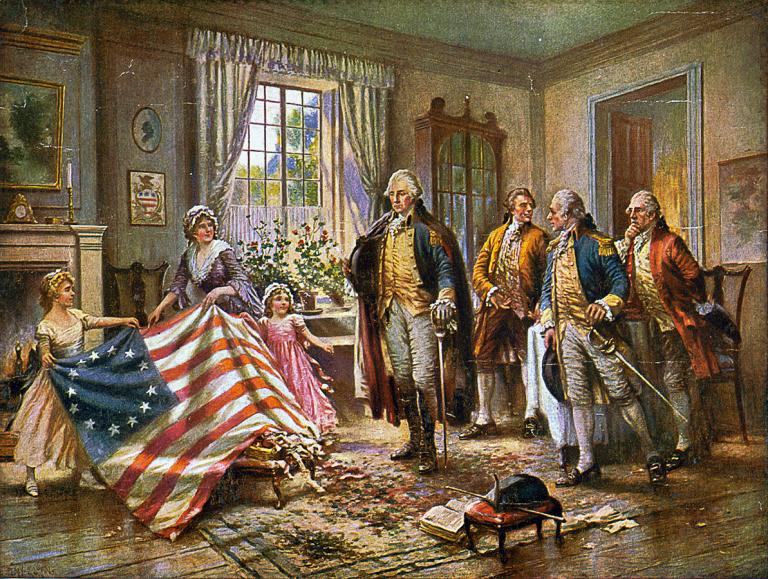The National Review has been reporting on the controversial changes to the AP US History syllabus, and its new emphasis on race and class themes, and its abandonment of the notion of just learning “straightforward” history, with the rationale that, after all, an introductory college-level history course presumes that you’ve learned all the names and dates back in high school and moves on to bigger weighty issues and Grand Themes. See here and here for background.
A couple weeks ago, Stanley Kurtz even proposed that it’s “Time to Break the College Board’s AP Testing Monopoly,” by means of other testing companies competing for the college-equivalence-testing business of schools and students, perhaps initially via contracts from states which reject the College Board’s syllabus. Now, I’m all for this, in keeping with a general principle of opposing monopolies in general, but I think that’s only the first step.
The concept of the “AP” course began in the 1950s (per Wikipedia), at a time when, not only was there no such thing as online learning, but even the community college was still becoming established (Wikipedia, again), and (though the article isn’t entirely clear) nothing like the current norm in which every locality not only has a school district but a Community College District.
To begin with, US History is a class taught at pretty much every college and community college across the country. Could one of them — a Hillsdale, for instance — step up and say, “we’ll offer college credit based on a satisfactory score on an exam which we have prepared” at a fee similar to the $100 bucks or so that the College Board charges? Each individual college would then have to decide whether they’ll accept this as a transferable credit, of course, but in principle this would be no different than a student taking a summer school college class and applying for transfer credit.
Are there rules against credit-by-exam, perhaps as a condition of accreditation? I don’t know — the degree-completion programs which used to advertise so heavily (perhaps they still do, and I just don’t hear the ads because I don’t have a commute during which I listen to the radio any longer) certainly say that they grant credit for life experiences. Are colleges unwilling, because it cuts into their profit margin not to collect the full tuition for a class?
The second option is to go beyond a high-school class aimed at teaching at a level sufficient to prepare students to take a cumulative “college-level” test, and actually, by means of working with the local community college, offer a true college class. Really, what would stand in the way of this? Community colleges hire plenty of adjunct faculty. The going rate used to be $1500 per course per semester. Although presumably it’s grown since then, it’s still not much, and I’m going to go out on a limb and say that the AP test fees that students pay, at a high school large enough for a couple sections of a given AP class, would be sufficient to pay a fee to the associated community college to cover their costs in assigning a “mentor-professor” with oversight to ensure that the class has sufficient rigor to merit its students being granted college credit upon completion.
And there are classes like this; the handbook that we received when my son started high school described several vocational paths, in computers and networking, food service, and the like, in which the capstone course as a high school senior simultaneously granted college credit. Presumably this has not been used as a method of granting college credit for more “traditional” college classes because the AP exams were seen as an easier way of achieving this goal.
Even in smaller schools, and in rural parts of the country, the availability of online learning certainly opens up more options in a local teacher pairing with a college based elsewhere in the country, or even students taking classes online, in the same manner as a “real” college student, except without tuition costs.
But, hey, even Wikipedia says, “Faculty at a number of universities have expressed doubts about the value of a passing AP score. Highly capable students who receive scores of 3 or 4, but not the perfect 5, are being given college credit at fewer universities. Academic departments also criticise the increasing proportion of students who take and pass AP courses but are not ready for college-level work.” And I can see this: at my son’s high school, they really push AP classes, and say that they want every student to take at least one AP class.
And when it comes to a subject like American History, a student is able to supplement their coursework with additional reading, if their instruction is inadequate, and they feel they need more knowledge before they can take an upper-level history class. But my son is already looking ahead to his senior level and wanting to take one of the AP science classes offered at his school — and I would feel much better about the prospect of moving on directly to a sophomore level class upon starting college if his preparedness was based on ongoing assessment during a full year of “true” college-level work rather than a single test, however rigorous.
If, on the other hand, AP tests are viewed as perfectly adequate to the task because they are not used as a real replacement for college-level work, but as just another tool in the arsenal of students competing for slots at highly-selective colleges, well, that’s just unfortunate.












